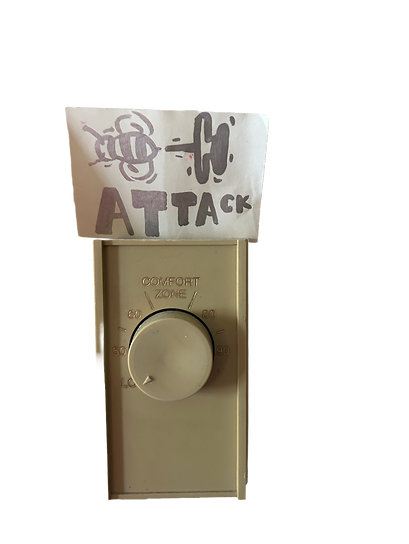
Research

.png)

WDRP
01
The Washington Directed Reading Program (WDRP) matches students one-to-one with graduate mentors for a quarter-long exploration of a topic not generally covered in undergraduate courses. I was accepted to the program during the spring quarter of my sophomore year, where I read Arora and Barak’s Computational Complexity: A Modern Approach. This was my first experience self-studying math at the college level, and it certainly is a different experience than learning in a classroom. With no assignments and very few check-ins, the learning process is entirely what you put into it. There were certainly some weeks that I barely touched the textbook, with this program taking second-priority to classes and work. However, I reached my goal of reading through the first six chapters, with some brief asides to other interesting topics, and I was able to get a solid foundation in the field.
The culminating event for this program is a ten minute presentation at the end of the quarter. I elected to do my presentation as a board talk, mimicking the teaching style of some of my favorite math professors. Although I had been a TA for some time at this point, this was my first time crafting a cohesive lesson with the goal of presenting a non-trivial result. Although there were certainly some kinks, it was a success overall.
.png)
02
WXML
The Washington eXperimental Mathematics Lab (WXML) is the sister-program to the WDRP here at UW. While the WDRP allows students to learn about non-traditional fields of math, the WXML allows students to work on original research projects; naturally, this was my next goal. I applied several times throughout my junior year, and was finally accepted during spring quarter to a project on “Extremal growth in groups.” Now, group theory was not my best subject (see the Teaching page for more information about that), but I was determined to shore up my knowledge in the field through this program.
Fast forward to our first meeting, where I am furiously scribbling down my mentor’s group theory crash course. He was attempting to synthesize a series of topical results into a 30-minute meeting, and I commend him for his ambition, but in that moment I was unsure how I would ever understand enough to make forward progress on our project. As it turns out, I didn’t really need to understand anything; my mentor was able to break down his monologue into bite-size chunks that we could tackle on our own time. This experience really taught me the importance of mentorship and collaboration in research. Even though there will be times where my knowledge falls short, working in collaboration means that someone else might be able to fill in the gaps.
We have since made some reasonable progress toward our goals, and are looking toward publishing a paper in the future. I enjoy the novelty of it all – there is no guideline for how to approach the problem, so I am forced to rely on my own intuition and skills. I find myself jotting down notes in the middle of the night, new ways to approach a problem or corrections to my work done earlier in the day. Even small results feel major since they are uniquely mine. I have never felt so accomplished when doing math, and I feel assured in my decision to pursue graduate school.
.png)
.png)



.png)
SMALL
03
Before my acceptance to the WXML, I spent my winter quarter looking for summer research opportunities, hoping to get some experience with math research before I applied to graduate school. I sent out ~20 applications, each with a personalized cover letter, often some sort of research statement, transcripts, recommendation letters – the whole works. This may seem excessive, I certainly thought so at the time, but I was only accepted to three of these programs, one of which was offered only after another student deferred.
Luckily, of these three programs, one of them was my top choice for the summer: SMALL, at Williams College, where I will be working on “Combinatorial Algorithms for Hamiltonian Paths.” This project sits at the intersection of several interests I have explored throughout college, and I am excited to spend time playing around with these concepts in conjunction. This program also gives me the opportunity to meet both faculty and students from across the country, which will hopefully give me some guidance as I look toward graduate school.
.png)



